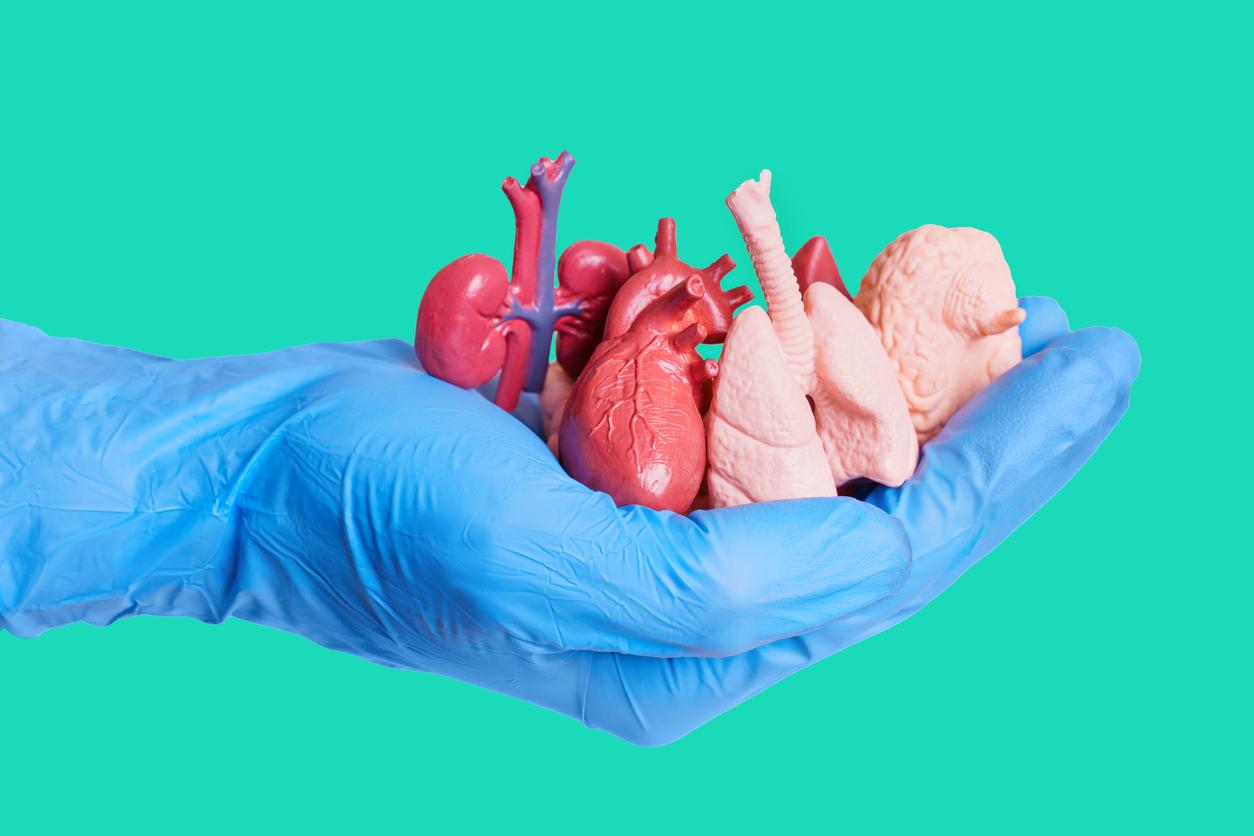Every June 22 is the National Day of Reflection on Organ Donation and Transplantation and of Donor Recognition. This year, the Biomedicine Agency decided, through a humorous spot, to encourage young people to clearly state their choice for or against organ and tissue donation. A call all the more necessary as hospitals are short of grafts and the number of transplants performed is not enough to reduce the waiting period for patients. Thus, in 2005, according to Agency figures, 11,942 people were waiting for a transplant compared to 20,311 at the end of 2014.
5357 transplanted in 2014
The increase in the number of people waiting is explained, of course, by the fact that the population is aging, which accentuates the health problems leading to a transplant. But also, because the medical situations in which a transplant is recommended are more and more numerous and diversified. “This medical technique is indeed better and better mastered, with results in terms of duration and quality of life in constant progression”, one explains to the Biomedicine Agency. Thus, each year, the number of people registered on the transplant waiting list increases and currently, this wait can last several months, even years.
In 2014, of the 20,000 people waiting, only 5,357 patients were able to benefit from a transplant in France (5,123 in 2013)
But that same year, 54,659 people were carriers of a functional transplant, testifying to the therapeutic efficacy of the transplant.
In France, since 1976 (Caillavet law), anyone is considered to have consented to the donation of organs and tissues of their body if they have not expressed a contrary wish during their lifetime. This is called deemed consent. The refusal to donate his organs is expressed during his lifetime by entering the refusal register or by affirming this refusal with his relatives.
Read also :
What are the organs that can be replaced?
Organ donation authorized without the consent of the family
















